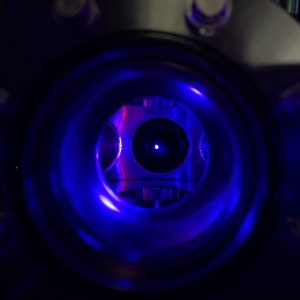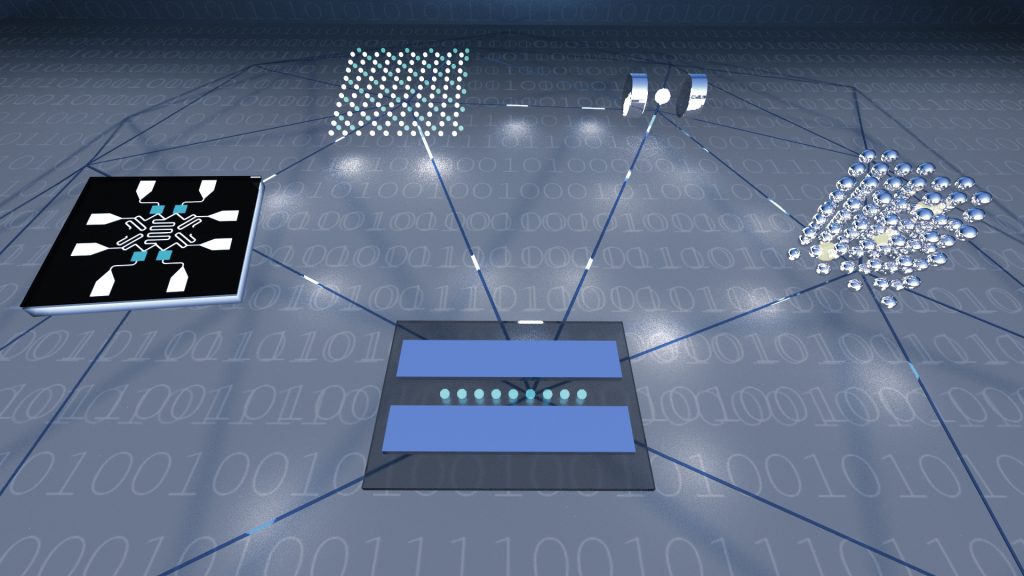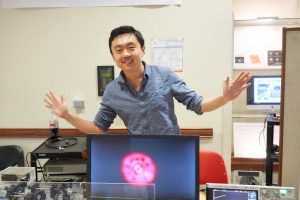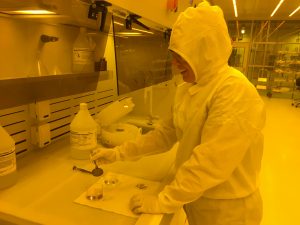Two WQI graduate students, Chuanhong (Vincent) Liu (McDermott Group) and Cecilia Vollbrecht (Goldsmith Group), have had their projects awarded funding through QISE-NET, the Quantum Information Science and Engineering Network. Run through the University of Chicago, QISE-NET is open to any student pursuing an advanced degree in any field of quantum science. Liu, Vollbrecht, and other students in their cohort earn up to three years of support, including funding, mentoring and training at annual workshops. All awardees are paired with a mentoring QISE company or national lab, at which they will complete part of their projects. Liu and Vollbrecht explain their projects below.
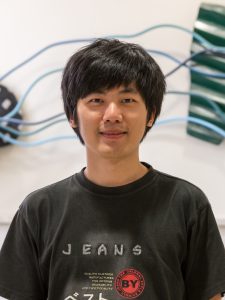
Chuanhong (Vincent) Liu | McDermott Group | Mentoring partner: NIST
“The Single Flux Quantum (SFQ) digital logic family has been proposed as a scalable approach for the control of next-generation multiqubit arrays. With NIST’s strong track record in the field of SFQ digital logic and the expertise of McDermott’s lab in the superconducting qubit area, we expect to achieve high fidelity SFQ-based qubit control. The successful completion of this research program will represent a major step forward in the development of a scalable quantum-classical interface, a critical component of a fully error-corrected fault-tolerant quantum computer.”
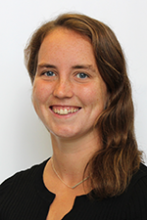
Cecilia Vollbrecht | Goldsmith Group | Mentoring Partner: NIST
“The goal of my proposal is to develop a coupled cavity array that will allow us to simulate complex quantum phenomena. With the partnership between NIST and Prof. Goldsmith’s group I can combine the expertise of both groups to create an array where we characterize energy transfer and loss pathways, couplings, and coherence. The knowledge gained from these experiments will help to make a highly controlled cavity quantum electrodynamics platform.”
